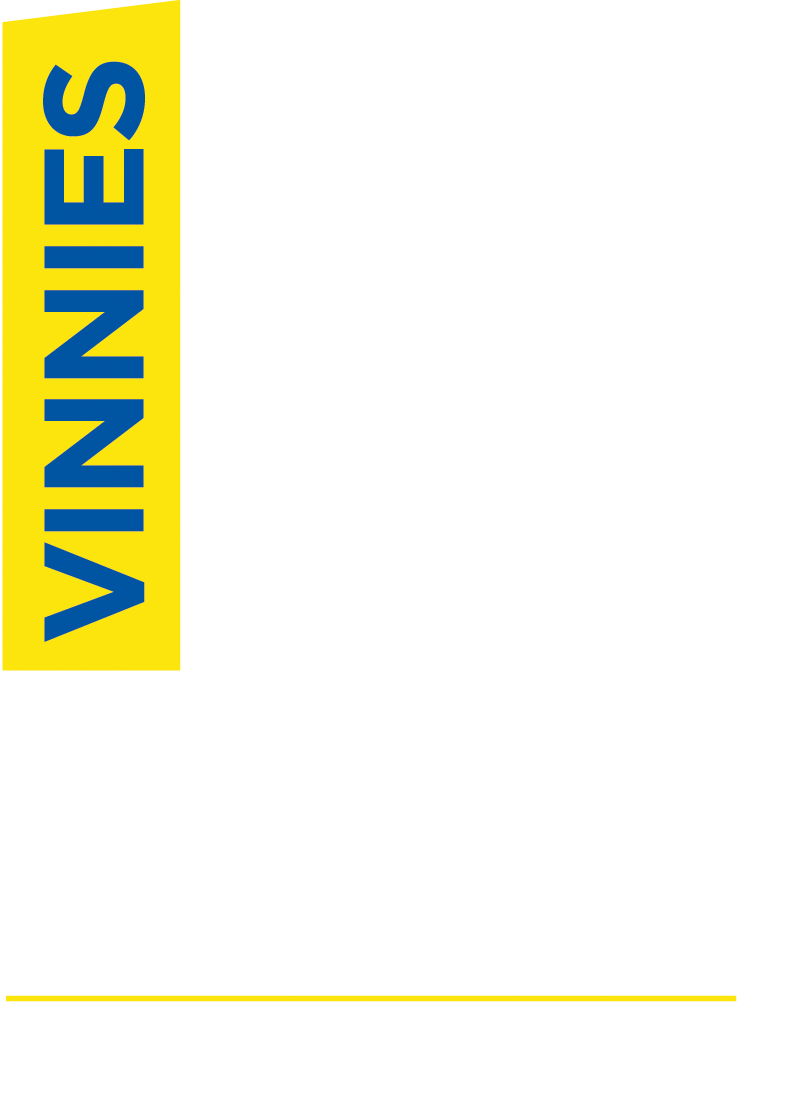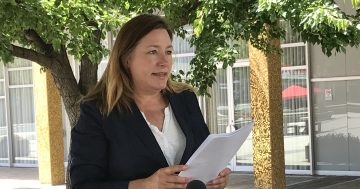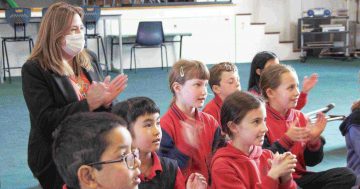
The ACT’s NAPLAN performance remains heavily contested. Photo: File.
Victoria has knocked the ACT off its pedestal as the nation’s educational high achiever according to the final 2019 NAPLAN school testing results released today (25 February) by the Australian Curriculum, Assessment and Reporting Authority.
Across the 20 standardised testing domains encompassing Reading, Writing, Spelling, Grammar and Punctuation, and Numeracy for Year 3, Year 5, Year 7 and Year 9 students, the ACT only topped or was equal best in six categories compared with 11 in 2018, with Victoria scoring best in nine, including being equal with the ACT in Year 7 numeracy, and NSW in four.
But the ACT Government has contested the results, pointing to a margin for error in the data that when acknowledged sees the ACT’s performance in a more positive light.
The ACT remained well above the national average in most disciplines.
But the lower years will be a concern with below-average results for Year 3 Writing and Spelling, and Year 5 Spelling.
There was also slippage in Year 9 Reading when compared with the 2008 baseline figure for the percentage of students above the national minimum standard and the 2018 result.
Year 7 numeracy was also down on this measure compared with 2018.
The ACT topped Year 5 Reading, Year 7 Reading, Grammar and Punctuation, and shared Numeracy with Victoria, and Year 9 Reading and Grammar and Punctuation.
An ACT Government spokesperson said the results showed that the ACT continued to perform well, with the tables of comparative achievement showing that the ACT was top or equal top by mean score in 18 of 20 areas tested.
“The scaling and linking processes used in NAPLAN introduce a margin of error (uncertainty) into the statistics, which is incorporated in the confidence interval around the results,” the spokesperson said.
“This margin of error is acknowledged by ACARA within the tables of comparative achievement. Recent reporting that disregards this margin of error has unfortunately painted an inaccurate picture of the ACT’s NAPLAN performance compared to other jurisdictions.
“However, as the ACT Government has consistently said, there is more to measuring the quality of school education than NAPLAN and it should not be used to rank and compare individuals and schools. NAPLAN is a narrow point in time assessment that provides limited information about only a few subjects among all the learning happening in schools.”
Opposition education spokesperson Elizabeth Lee said that after 19 years of Labor the ACT’s students were performing worse than ever.
“The Government has run out of excuses, and it is under their watch and their watch alone that we have seen our students go backwards,” she told ABC radio.
She reiterated her call for an independent inquiry into the ACT NAPLAN performance to get to the bottom of what was working or not working in the Territory’s school system.
Echoing reports from the ANU, Grattan Institute and the Auditor-General, Ms Lee said the results did not take into account socio-economic advantage and disadvantage.
“When you actually compare like for like the ACT’s results are actually worse,” she said. “That is concerning and we need to make sure that we are looking at the full picture.”
Education Minister Yvette Berry has previously defended the ACT’s performance and been sceptical of NAPLAN’s value.
ACARA said the 2019 NAPLAN National Report showed, contrary to some claims, that there had been improvement since testing began in 2008.
“The NAPLAN results for 2019 show that since 2008 – the first year of NAPLAN – there have been statistically significant gains in a number of domains and year levels, particularly at the primary school level,” according to ACARA CEO David de Carvalho.
“At the national level, compared to 2008, the performance of Australian students in Year 5 numeracy, Years 3 and 5 reading, Years 3 and 5 spelling, and Year 3 grammar was significantly above the NAPLAN 2008 average.”
Mr de Carvalho said it was also encouraging to see the slight improvement in writing results in 2019, after a number of years of concern about declining results.
But the writing results overall were still below where they were when writing was first tested, except for Year 3, he said.
To view the report go to the ACARA website.



















